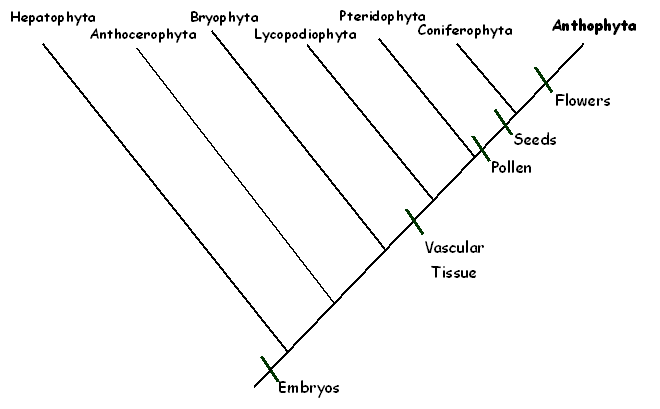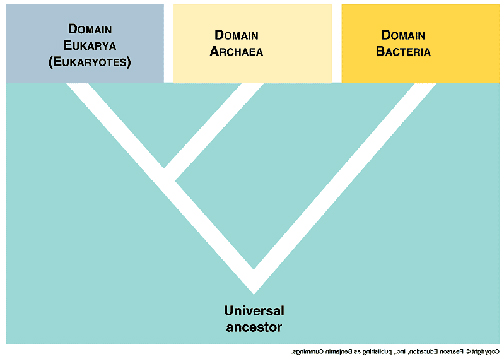Classification
Domain: Eukarya - cells contain membrane-bound nucleus enclosing DNA and many organelles
Kingdom: Plantae - multicellular; cell walls made of cellulose; photosynthetic
Phylum: Anthophyta - flowering plants; vascular; resistant to drought and cold; specialized pollination and seed dispersal
Class: Dicotyledones - dicot flowering plants; 2 cotyledons; flower parts in multiples of 4 or 5; leaf venation typically netlike; primary vascular bundles in a ring
Order: Salicales - dioecious; woody plants; alternate, simple leaves; hairy mature seeds
Family: Salacaceae (willow family) - alternate deciduous leaves; flowers concentrated in catkins; each plant has either staminate or pistillate catkins; flowers have no petals or sepals; seeds are distributed by the wind with the help of long hairs
Genus: Populus - usually straight trunk; smooth or deepy fissured bark; stipules small; deciduous; male flower contains 4 stamens; female flowers contain one ovary; seeds can be few to many
Species: Populus deltoides - Leaf is alternate, simple, pinnately veined, triangular, 3-6 inches long; flower is dioecious; fruit are cottony seeds, 1/4 inch long; twigs are stout, coated with brown scales; bark is smooth and yellow to gray when young; barks turns gray and develops deep fissures as it matures
This simple phylogenetic tree show the three basic Domains of all life. Populus deltoides, as already stated, is a member of the Eukarya Domain because its cells contain a membrane-bound nucleus, enclosing DNA and many other organelles.

This image to right shows the evolution of plants, all the way up to the Phylum Anthophyta, which is the category Populus deltoides fits into. Phylum Anthophyta produce seeds, as well as, flowers. They have specialized pollination and seed dispersal, and possess a vascular system.
Back to HOME page
